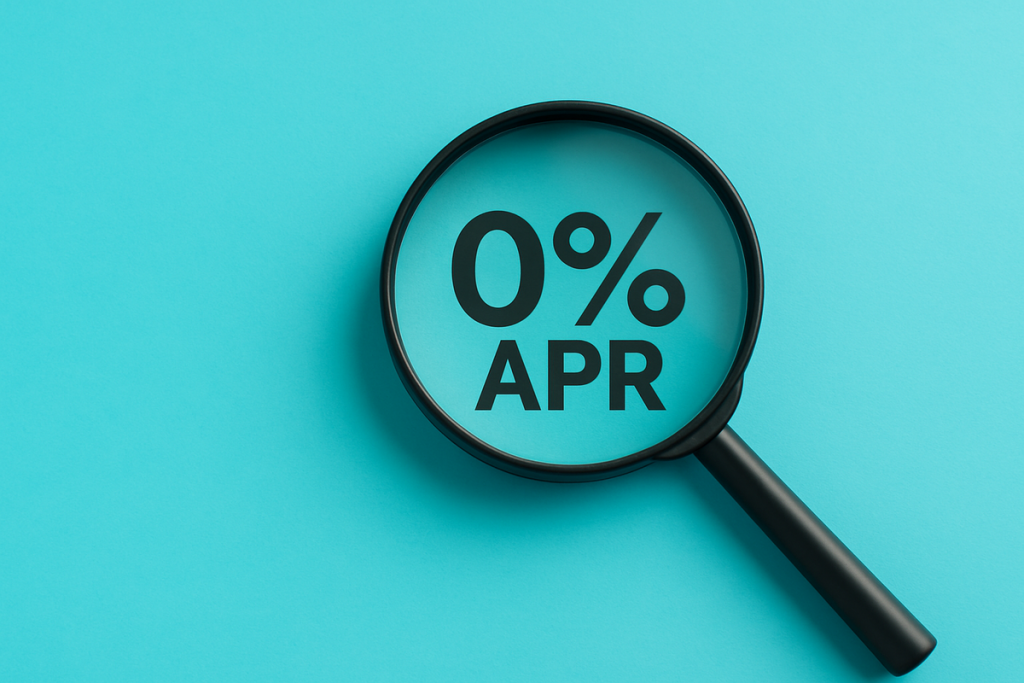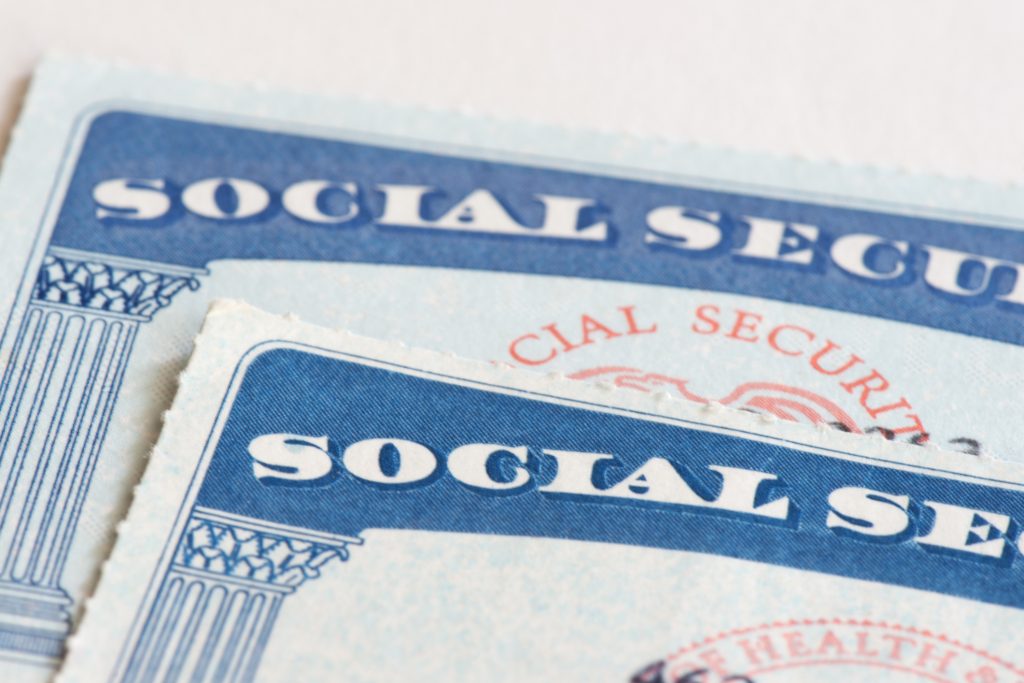
Image source: Getty Images
Rejection hurts, but it’s part of life. In some cases, it might be quite obvious why you didn’t get approved for one of the best credit cards. Since most of them are targeted toward consumers with credit scores of 670 or above, if your credit score is noticeably below that number, you might be wasting your time applying.
But what if you’ve got good or excellent credit? Unfortunately, you can be denied a new credit card, too. Here are a few reasons a card issuer could say no, even if the problem isn’t your credit score.
Here’s why you didn’t get approved — even with great credit
A lot of reasons credit card issuers turn down applicants are related to credit scores. For example, if you have a history of delinquent credit card accounts or your balances on existing cards are too high, that will likely be reflected in your credit score.
But let’s say neither of those is true for you, and your credit score is in fact quite good — over 800, perhaps. One of these factors could be the reason for your denial.
Too many credit inquiries
I understand being enthusiastic about opening new credit cards — I work with a bunch of credit card nerds, and since I started this gig, I’ve also been known to get excited about maximizing credit card rewards and benefits. But applying for multiple cards in short order can be a quick trip to getting denied for additional ones.
Every time you apply for credit, a lender performs a hard credit inquiry, which appears on your credit report and will result in a few points lost from your credit score. And constantly opening new credit cards could look like “churning” behavior — this is when you open credit cards, spend enough to get the sign-up bonus, then stop using the card.
Ideally, credit card issuers want customers who will use their products over the long term. If you have more credit cards than fingers (and possibly toes), it might not look as if you’ll be willing to do that.
Looking for a new credit card to help you save money for years to come? Check out our favorite cards for gas and groceries and enjoy cash back or rewards on two common household expenses.
No existing relationship
Some card issuers really like it when you already have a banking or loan relationship with them. This makes sense — the issuer will already be familiar with you as a customer and has an idea of whether you have the income to support the card or can be relied upon to pay back your debt.
Violating a rule specific to the issuer
It’s a good idea to do a little research before applying with a new card issuer because some of them have idiosyncratic rules. One famous example is the Chase 5/24 rule, which states that if you’ve applied for five or more cards in the last 24 months, you’ll be automatically denied if you apply for another with Chase.
Incorrectly filled-out application
Finally, perhaps you were denied for your basic humanity — and by that I mean, to err is human. Maybe you accidentally transposed two numbers in your Social Security number, or filled in the wrong address, or even undershot your annual income by a digit. It happens — and it could result in an application denial.
What can you do to get approved?
You do have some recourse if a factor other than your credit score is the reason you were denied for a credit card. (If your credit score was the reason, focus on raising it.) You’ll receive documentation in the mail within a few business days explaining why you were denied.
You can call the credit card company and ask to speak to a representative to be reconsidered. Be polite and friendly, and explain why you were excited about the card and would be a good card holder.
If you suspect you made a mistake filling out the form, you can try again — but this might be another time it’s better to call and speak to a human to be sure. If you’re a brand-new customer to the card issuer, you might consider opening a bank account and trying for the card again. But honestly, it’s probably silly to open a bank account you don’t need just to get a credit card.
Finally, if your denial was due to having opened too many cards recently, you’ll need to exercise patience. Aim to apply for a new credit card every six months to a year. In the meantime, focus on paying your existing cards on time and maintaining low (or $0) balances to keep your credit score in good shape for the next time you apply.
Alert: highest cash back card we’ve seen now has 0% intro APR into 2026
This credit card is not just good – it’s so exceptional that our experts use it personally. It features a 0% intro APR for 15 months, a cash back rate of up to 5%, and all somehow for no annual fee!
Click here to read our full review for free and apply in just 2 minutes.
We’re firm believers in the Golden Rule, which is why editorial opinions are ours alone and have not been previously reviewed, approved, or endorsed by included advertisers.
Motley Fool Money does not cover all offers on the market. Editorial content from Motley Fool Money is separate from The Motley Fool editorial content and is created by a different analyst team.JPMorgan Chase is an advertising partner of Motley Fool Money. The Motley Fool has positions in and recommends JPMorgan Chase and Target. The Motley Fool has a disclosure policy.
 fool.com
fool.com marketbeat.com
marketbeat.com benzinga.com
benzinga.com



